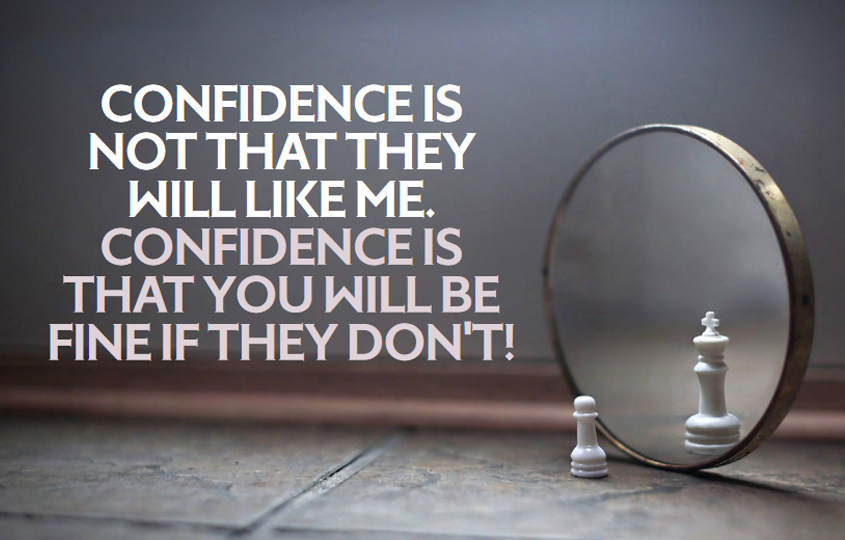

By: Abhilash Nair
Global CEO of ISS Relocation
Self-confidence is the belief in one’s own skills, goals, and ability to succeed:
† A confident person doesn’t think what others think of them and tries everything to full capacity.
† Confident individuals set the bar high, aim high and try new things.
† They can stand up for their beliefs and values.
† They Believe in success. Confident people are 25% more likely to overcome challenges at work.
† They perform better than their less-confident peer.
† Living with low self-esteem and confidence can harm mental health, leading to problems like depression and anxiety.
† The lack of confidence affects the ability to reach full potential.
If you feel low confidence, you may indulge in:
† You socially withdraw yourself or hide away from social situations. Hesitant to meet any new person
† You are unwilling to take on challenges, have fears of failure, fear the unknown
† Don’t speak up in a group conversation. They are afraid of what others think
† Need approval, validations for small things
† Don’t trust their judgment.
† Rely on your phone in social situations.
† Always back down during disagreements.
† Take constructive criticism personally.
† Blame others.
† Make excuses.
† Use defensive body language. like crossing arms or giving a stern facial expression, sweating face
† They are a pessimist. Afraid of the future
† They are ashamed.
† Apologize easily
† Avoid eye contact.
† They have anxiety and emotional turmoil.
† They are unable to accept compliments.
† They neglect themselves. Indulge in negative self-talk
† If someone else looks directly in the eye, they feel uncomfortable.
† They are looking around or down at their feet. You aren’t comfortable or confident in the situation.
† They have self-deprecating humor.
Causes
† Unhappy childhood where parents, teachers, and classmates were highly critical of poor academic performance, personality, nature, habits, etc. They don’t feel loved and appreciated.
† Appearance, image issues.
† Abuse
† Career Issues
† Lack of Confidence at Work
† Peer pressure
† Sibling rivalry or comparison
† Not able to meet social standards of a successful person like- high qualification, high salary, a job in a reputed company, happily married life, etc.
How to Overcome Low Confidence
† Confidence isn’t an accident. On the contrary, it has to be cultivated over a period of time.
† You might not see results immediately, but the longer you practice, the more you gain confidence.
† Confidence can be inculcated through small practices throughout life.
† We can rewire our brains with focus and intention and genuine efforts.
† And although our fears and limiting beliefs won’t completely disappear, over time, they lose their power over our daily thoughts and actions.
Here are a few ways through which you can boost your self-confidence
† Practice Personal Grooming
† Take the time every morning to properly groom yourself and look presentable for the day.
† It is surprising how much of a difference it can make when you feel like you look your best.
† You can also dress nicely, so your clothes look presentable and appropriate for whatever you do that day.
† Appearing confident can help us get on better in our lives.
† If required, do a personal grooming course online.
Change your thinking patterns:
† Be Positive – It is also essential to think positively. Replace your negative thoughts with positive ones by learning to become aware of your self-talk and your actions. Instead of telling yourself that you can’t do something, allow yourself to look forward to the challenges. Repeat some positive statements.” I am the best,” “I can do it,” I know this,” “I shall win, “…etc.. Each day create a small task to stretch beyond your comfort zone. Do something unexpected on purpose to let go of your inhibitions. Achieve small and easy-to-attain goals to help you feel successful. Don’t depend on external validation.
† Be Grateful – Another way to stay positive is to take a few minutes each day to reflect on what you’re grateful for. Being grateful can reduce stress hormones in your body by 23%! Never envy. When you’re thankful for what you already have, you appreciate new accomplishments even more. Never compare yourself with others. Feel from the core of your heart that You are Unique. You have your destiny. Write five things daily you are grateful for and feel confident to have.
† Fake confidence – A cool thing about confidence is that it can be faked. If your fake confidence, not only does your mind begin to believe that you’re confident, but other people also begin to see you as confident. This, in turn, makes you feel more confident, making other people see you as confident. Eventually, this will result in inner confidence. Confidence doesn’t compensate for lack of skill or hard work, but it helps amplify those qualities to take you further than you’d get without it.
† Do Eye Contact – Do eye contact when speaking to others. Averting your gaze entirely sends a very different message. It can mean that you’re lying or even thinking you’re better than the person you are talking to. Initiating and keeping eye contact is a quick way to boost how confident you appear to others instantly.
† Challenge Your Inner Critic – Often, the biggest hurdle to increasing our confidence is that little nagging voice in the back of our heads. “You’re going to fail this.” “The client won’t like your idea. “When your brain starts this to you, stop right there. Tell it you’ll do great, and the client will love your work. This is more likely if you’ve done your homework. Silencing your inner critic takes much practice. Make a good image of yourself—no harm in indulging self-appreciation at times.
† Think Yourself as a Brand – Create your own set of values. Think of yourself as a brand. What do you believe in? How do you look at the world? What do you want people to think about you or feel when they see you? Regardless of how you answer those questions, ensure your actions align with them?
† Pay Attention to Your Body Language – Your body language gives away a lot about your true level of confidence. If you’re trying to impress someone, like in an interview, how you carry yourself has a lot to do. Body language is up to 13 times more influential than spoken words! “Don’t slouch!” or, “Stand up straight! Science has discovered several postures that can boost your confidence.
† Find Self-Care that Helps You Relax – When you’re stressed out, you will not feel confident. You should relax by dining out, watching a movie with friends, or doing anything you love to do.
† Be True to Yourself – Doing what everyone else is doing won’t do anything for your confidence.
It would help if you were yourself to feel truly confident. Admit when you’re wrong, be genuinely interested in people you talk to, and be passionate about what you do.
 “An organization’s ability to learn, and translate that learning into action rapidly, is the ultimate competitive advantage,” remarked Jack Welch, the former CEO of General Electric. This adage gains more significance today than at any other time in history.
“An organization’s ability to learn, and translate that learning into action rapidly, is the ultimate competitive advantage,” remarked Jack Welch, the former CEO of General Electric. This adage gains more significance today than at any other time in history.



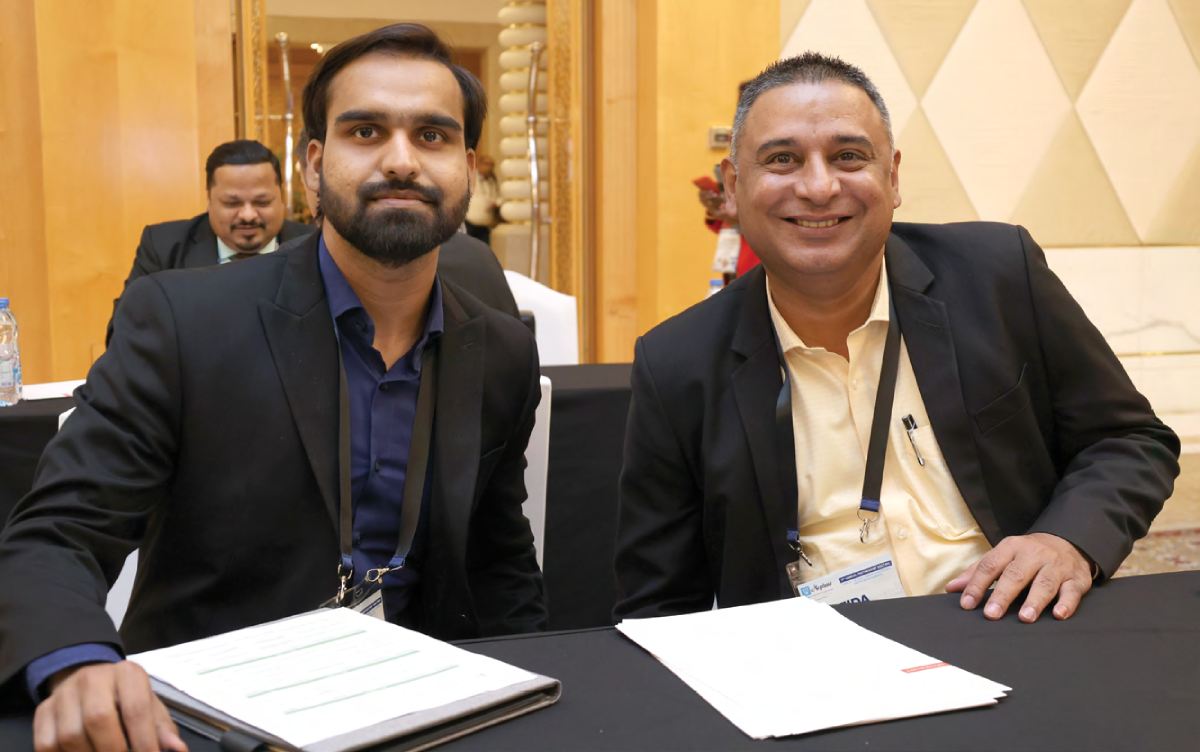
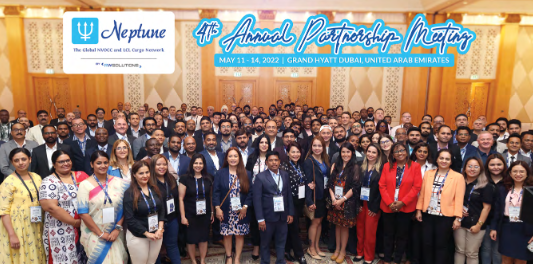 The Ice-Breaker Session
The Ice-Breaker Session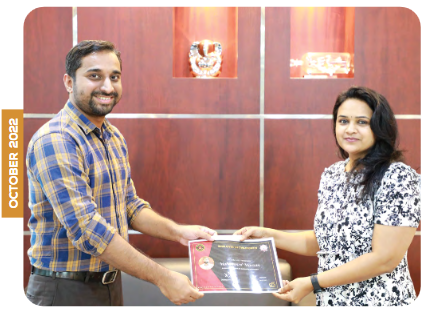
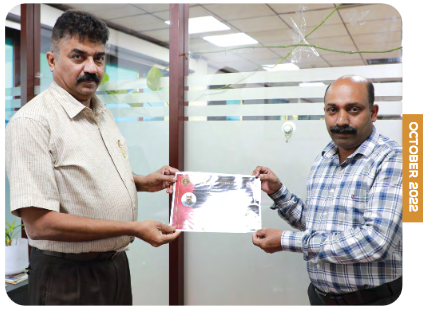
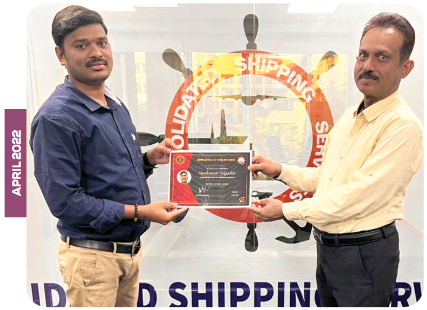
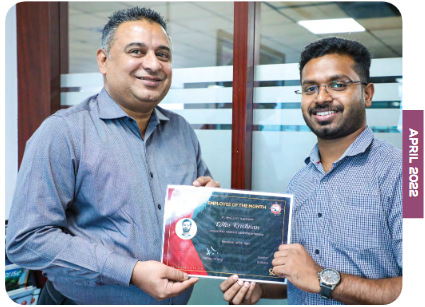



 Dozens of mainland Chinese cities, including the financial hub of Shanghai, have been locked down as authorities work towards their “Zero Covid” policy. The lockdown was enforced from the beginning of April and has dealt a heavy economic blow to China.
Dozens of mainland Chinese cities, including the financial hub of Shanghai, have been locked down as authorities work towards their “Zero Covid” policy. The lockdown was enforced from the beginning of April and has dealt a heavy economic blow to China.
 Recently the Courts and Legal System of the Kingdom of Saudi Arabia introduced a new Royal Decree No. M/16 on 30/1/1443H to amend the judicial cost systems and implement the court fee for the newly filed legal suits. The new Law came into effect on 13th March 2022, encouraging litigants to settle their disputes amicably.
Recently the Courts and Legal System of the Kingdom of Saudi Arabia introduced a new Royal Decree No. M/16 on 30/1/1443H to amend the judicial cost systems and implement the court fee for the newly filed legal suits. The new Law came into effect on 13th March 2022, encouraging litigants to settle their disputes amicably.